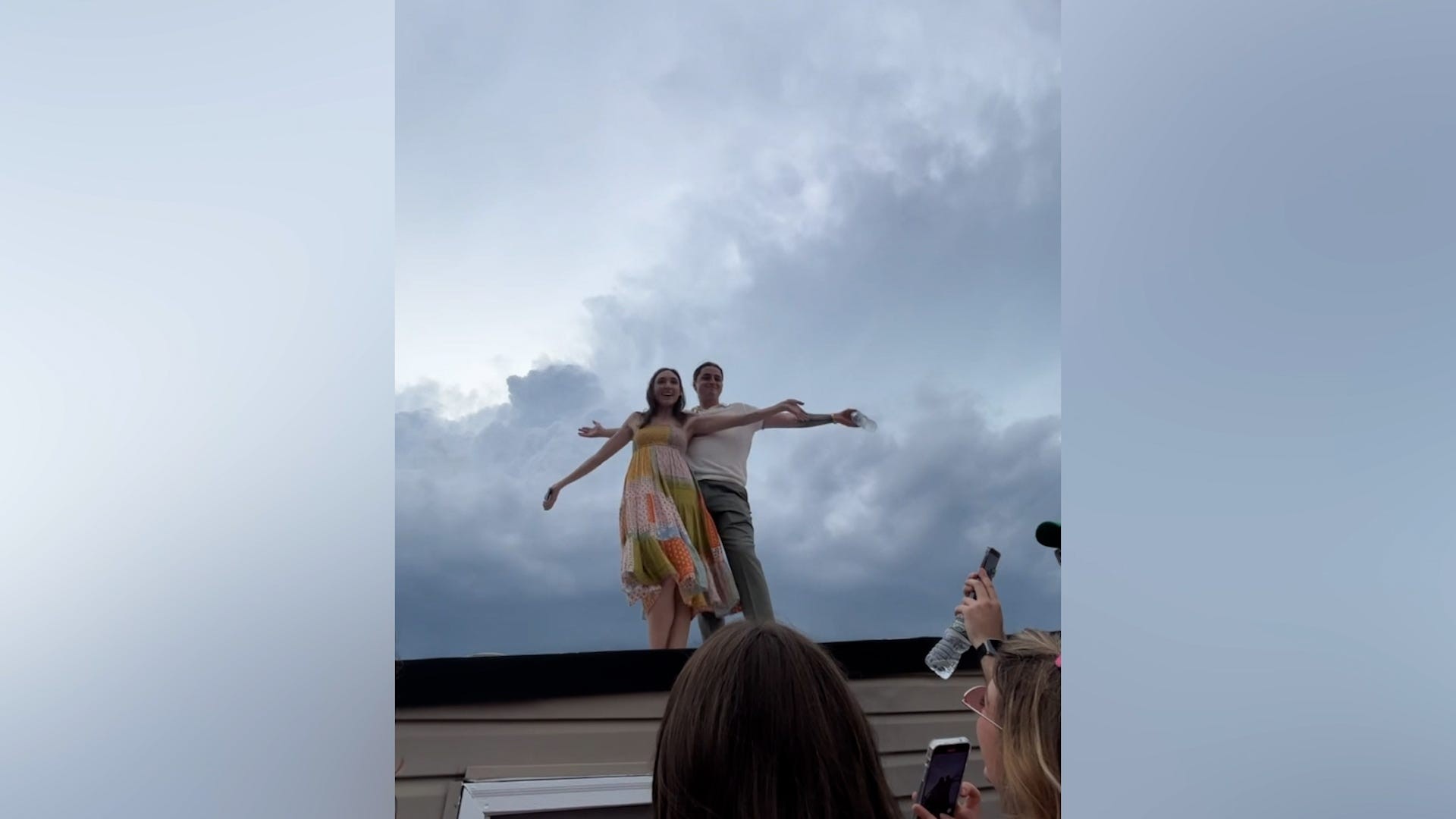Have you ever received an invitation prompting you to “RSVP” and wondered what exactly you were being asked to do? You’re not alone. This common phrase, often found on invitations to events ranging from weddings to casual get-togethers, can be a source of confusion if you’re unfamiliar with its meaning.
Understanding RSVP is crucial for proper etiquette and event planning. It’s more than just a fancy term; it’s a request for a timely response to help hosts organize effectively. Let’s delve into the meaning of RSVP, its origins, and how to use it correctly to ensure you’re always a gracious and informed guest.
Decoding RSVP: Origin and Definition
“RSVP” is an initialism derived from the French phrase “répondez s’il vous plaît.” Directly translated, this elegant phrase means “Respond, if you please.” Essentially, when you see RSVP on an invitation, the host is politely requesting you to inform them whether or not you will be attending their event.
 Close-up of a wedding invitation highlighting the RSVP request for guests to respond.
Close-up of a wedding invitation highlighting the RSVP request for guests to respond.
While rooted in French, RSVP is not as commonly used in France today, considered somewhat formal. In modern French, “SVP,” short for “s’il vous plaît” (please), is more frequently used for similar requests. However, in English-speaking countries, RSVP remains the standard and widely understood term for requesting a response to an invitation.
How to Use RSVP and Why It Matters
Using RSVP correctly is straightforward, and responding promptly is a matter of good manners. Here are a few examples illustrating its use:
- Formal Events: “You are cordially invited to a wedding celebration. RSVP by October 20th.”
- Informal Gatherings: “Join us for a birthday BBQ! RSVP to let us know you can make it.”
- Event Invitations: “Art Gallery Opening – RSVP is essential for headcount. Please reply by November 5th.”
In each of these cases, RSVP is followed by a date or instructions on how to respond. This could be replying via email, phone, or through a designated website or card included with the invitation.
Why is RSVP important? Responding to an RSVP is not merely a formality; it’s a practical necessity for event hosts. Knowing the number of attendees allows hosts to:
- Plan Accurately: From catering food and drinks to arranging seating and venue space, accurate headcount is crucial for logistical planning.
- Manage Budget: Event costs are often directly tied to the number of guests. RSVPs help hosts stay within their budget and avoid unnecessary expenses or shortages.
- Personalize the Experience: For smaller events, knowing who is attending allows hosts to personalize the experience and ensure they can accommodate all guests comfortably.
Failing to RSVP, or responding late, can create difficulties for hosts and may be perceived as inconsiderate. By responding promptly and clearly to an RSVP request, you are not only practicing good etiquette but also contributing to the smooth organization and success of the event.
